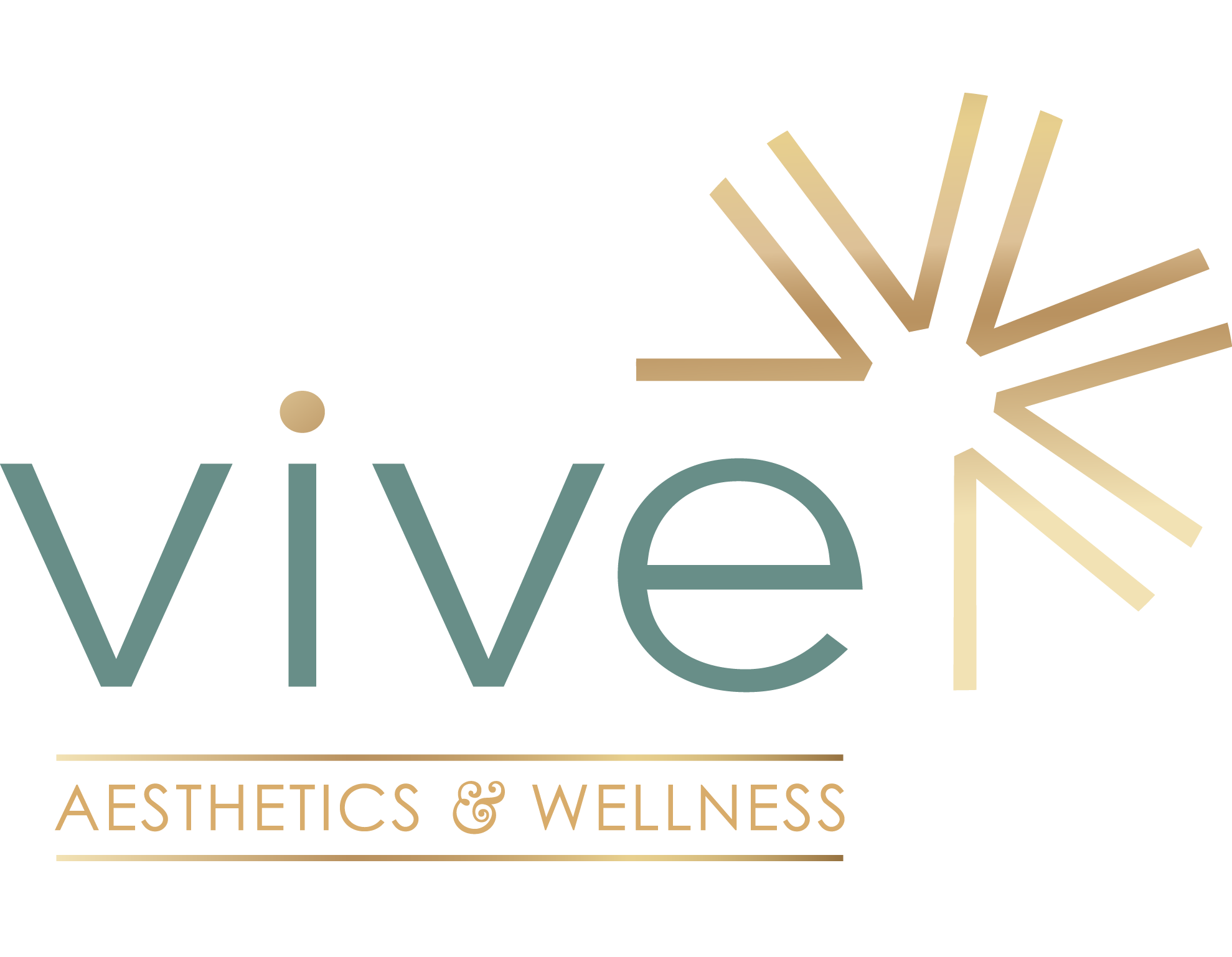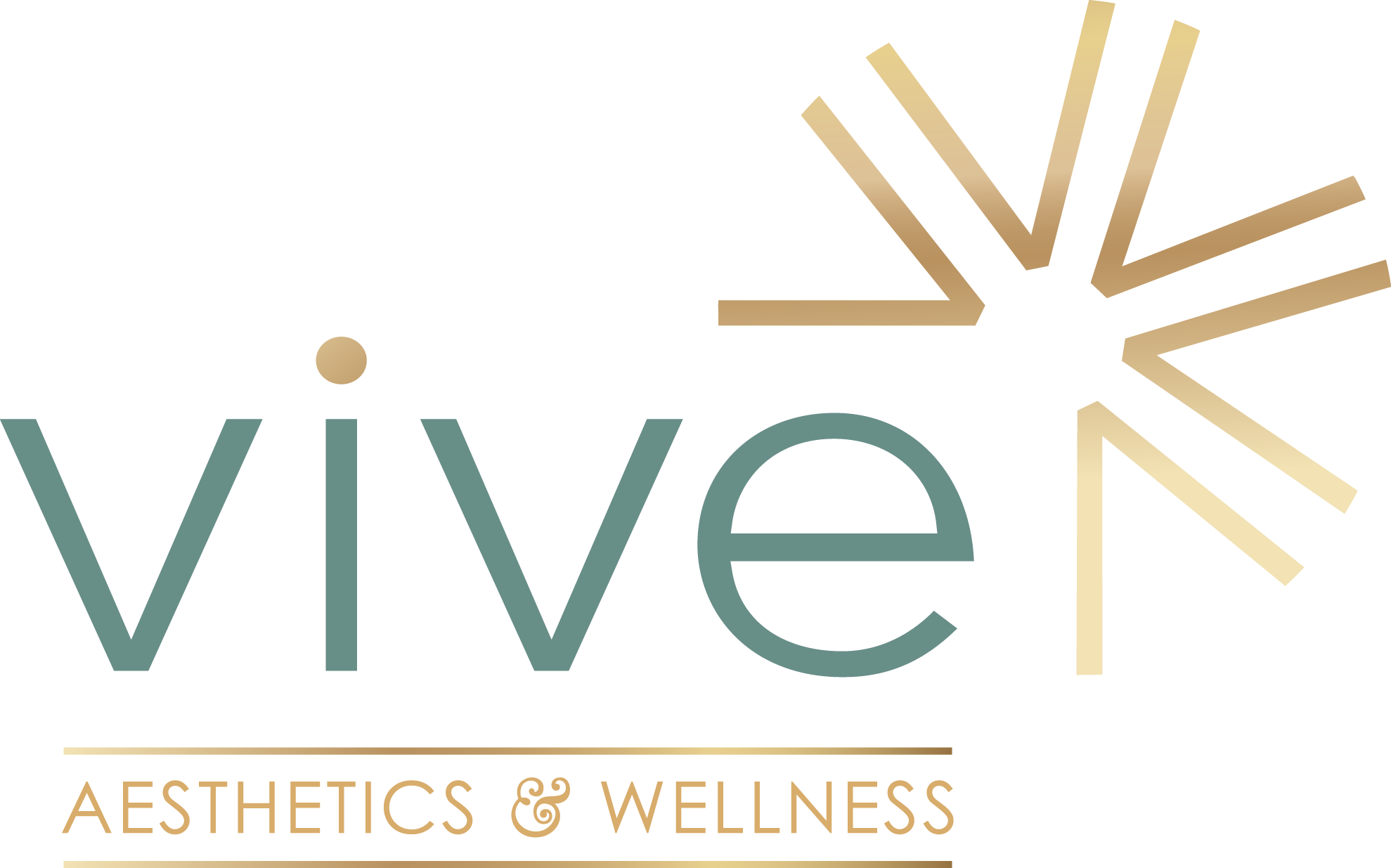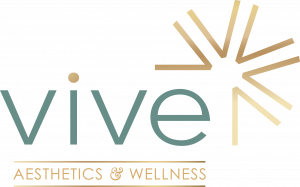Natural Antioxidants – Are You Getting Enough? Spectracell Spectrox
You do your best to take care of your health. You exercise regularly and try to stick to a healthy diet but how do you know if you’re really getting all the proper nutrients? With today’s busy lifestyles, even when putting forth our best effort, we can still fall short when it comes to getting ample amounts of the nutrients our body requires. Spectracell Micronutrient Testing is a great way to find out which nutrients and antioxidants you are getting enough of and which ones you are lacking. Spectracell Spectrox measures the net ability of antioxidant and repair mechanisms of each individual’s own cells, giving a total assessment of antioxidant function.
Why Are Antioxidants Important?
Basically, antioxidants regulate the free radicals in our bodies, keeping them at the optimum level to prevent oxidative stress. This stress can cause a variety of health issues including Alzheimer’s, diabetes, cardiovascular disease, rheumatoid arthritis, and even contribute to weight gain or hinder weight loss. Like with most nutrients, if you have a deficiency, you can consult with your medical professional to decide the best way to correct it. While supplements can be a great way to give your body a nutrient boost, it’s always better to get nutrients naturally through your diet. The same is true with antioxidants.
Antioxidant Rich Rich Foods
While there is a long list of foods that can help boost your antioxidant levels, some are considered superfoods. Many of these contain phytochemicals which are compounds found in plants, many of which act as strong antioxidants.
Red Berries and Blueberries
Red berries, especially raspberries and strawberries, contain ellagic acid. This is a phytochemical that may help protect against cancer-causing agents in the diet and the environment. Blueberries contain many of the vitamins and minerals that strengthen the body’s immune system. Studies suggest that blueberries can reduce inflammation and protect cells from damage. They also contain phytochemicals that may help protect against cancer and heart disease
Dark Colored Grapes
In addition to Vitamin C, grapes are packed with phytochemicals, especially the red, purple and blue varieties. They act as antioxidants to defend against cancer and heart disease. Two of these, anthocyanin and proanthocyanidin, may be especially good for your immune system.
Nuts
Considered one of the earth’s most balanced foods, nuts provide the perfect blend of healthy fats, proteins, and carbohydrates. The type of fats, minerals, and phytochemicals varies in different nuts. Walnuts are the highest in plant omega-3s, for example, while Brazil nuts are best for selenium. Phytochemicals such as resveratrol and plant sterols, which help lower cholesterol, are found in most varieties.
Dark Green Veggies
Broccoli, spinach, collard greens, and kale are among the elite super veggies. They contain a number of different nutrients including vitamins C, E, and A as well as calcium which helps defend against disease. They are also loaded with antioxidant phytochemicals such as kaempferol, which is believed to help dilate blood vessels and have cancer-fighting properties. Lutein and quercetin, both strong antioxidants, can be found in leeks, lettuce, and kale.
Orange Veggies
You may have noticed that sweet potatoes are everywhere. Maybe sweet potato fries have even shown up on the menu at your favorite local tavern. While fries might not be the healthiest example, sweet potatoes have more nutrients than white potatoes. In addition to having higher levels of vitamins C and B6, sweet potatoes also contain key nutrients such as calcium and vitamin A. Other orange vegetables like carrots, butternut and acorn squash are also nutrient-rich.
Beans
While they may not be everyone’s favorite, beans are a great source of antioxidants. They are packed with nutrients, including many vitamins and minerals. Green soybeans and soy contain vitamin C, calcium, zinc, and selenium. Lentils and black-eyed peas are rich in folate and zinc. Black beans and kidney beans also provide a good amount of folate.
Whole Grains
Some studies indicate that just one serving of whole grains per day can reduce the risk of heart disease and stroke. Rich in zinc and selenium, whole grains also contain phytochemicals believed to defend against cancer as well as heart disease. It’s a simple dietary change that can have a significant impact on your overall health. Just switch out that loaf of white bread for a whole grain variety or opt for brown rice instead of white.
Fish
Omega-3s are believed to help prevent inflammatory diseases including coronary heart disease. All fish contain omega-3s but some varieties are a better source than others. These include salmon, shark steak, tuna steak, wild rainbow trout, mackerel, and herring. Fish is also a good source of vitamin D and remember – fresh is best. Try to include it in your diet 2-3 times a week and stay away from deep fried fish.
Want to Know if You’re Getting Enough Antioxidants?
The best way to find out if you are getting enough of all the necessary nutrient is to get tested. Vive Aesthetics and Wellness is a proud provider of Spectracell Micronutrient Testing. This includes Spectracell Spectrox test which will let you know if you’re getting enough antioxidants. It’s important to maintain proper levels of the different nutrients, so before you rush out to the store to stock up on all the fish, fruits, and veggies we’ve mentioned, it best to get tested and consult with a medical professional to find out exactly what you do need to include in your diet. Schedule a consultation and testing today and get your diet on the track to good health.



